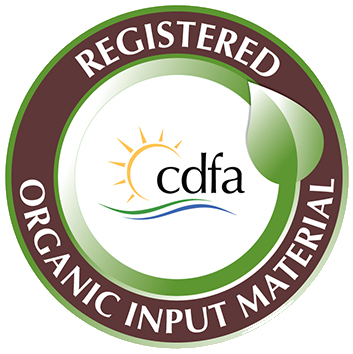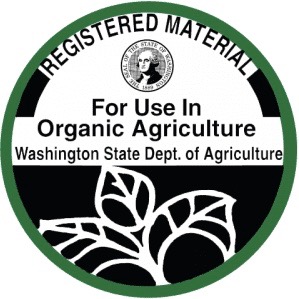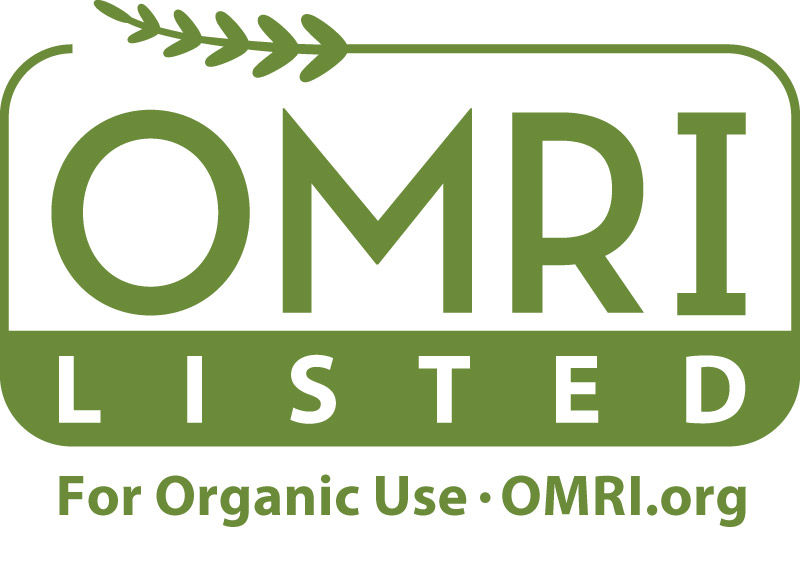California Department of Food and Agriculture’s Organic Input Material (OIM) Program registers fertilizing materials to be used in organic crop and food production. The program is mandated by the Legislature and supported by the industry. Products claiming to be appropriate for use in organic production are verified to comply with the California Fertilizing Materials Law… Continue reading The Organic Input Material (OIM) Program
Resources Category: Organic Inputs and Materials
Identify approved organic inputs and materials essential for organic farming. Access guidance on sourcing, application methods, and compliance to meet organic standards.
Washington State Organic Input Material List
The WSDA Organic Input Material List includes a list of all materials that we have reviewed and approved for use in organic agriculture. This list is typically updated quarterly. Materials on this list have been reviewed by WSDA organic staff and are approved for use in organic agriculture.
The National List of Allowed and Prohibited Substances
The National List of Allowed and Prohibited Substances identifies generic substances that may and may not be used in organic crop and livestock production. It also lists the substances that may be used in or on processed organic products.
Organic Materials Review Institute
The Organic Materials Review Institute (OMRI) supports organic integrity by developing clear information and guidance about materials, so that producers know which products are appropriate for organic operations. OMRI is a 501(c)(3) nonprofit organization that provides an independent review of products, such as fertilizers, pest controls, livestock health care products, and numerous other inputs that… Continue reading Organic Materials Review Institute
Organic and Alternative Methods for Potato Sprout Control in Storage
This publication reports results of a series of projects conducted at the University of Idaho Potato Storage Research Facility in Kimberly to evaluate alternative potato sprout suppression product efficacy and best application methods. Included were uses of spearmint, peppermint, clove oils and hydrogen peroxide.
Can GMOs Be Used in Organic Products?
Fact sheet on the organic regulations pertaining to GMO’s.
Treated Wood Guidelines
Fact sheet on using treated wood in organic production systems.
Preventative Practices
Managing weed, insect and disease pests on an organic farm requires addressing potential problems before they arise. Learn more about preventative practices and their role in the organic certification process.
Materials for Organic Crop and Livestock Production
Fact sheet on the basic information for materials allowed in organic crop and livestock production.
Establishing Organic Buffers
This fact-sheets from WSDA explains the organic regulations on boundaries and buffer zones and how to minimize risk of contamination by using buffers.


